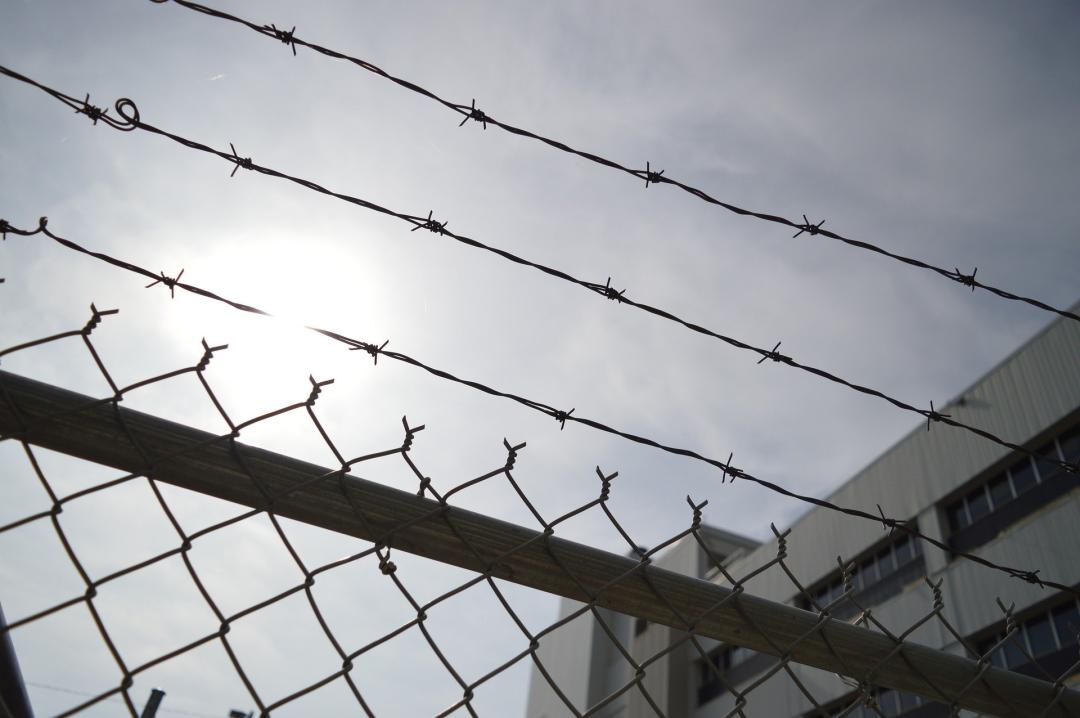
Georgian parliament grants amnesty to 1,500 prisoners

On 11 January, the Georgian parliament passed an amnesty bill which covered about 70 criminal articles and concerned more than 10,000 individuals, including 1,500 prisoners.
“The amnesty will concern about 1,500 inmates, will change the status of about 6,000 individuals on probation and the court fines issued before 1 October 2012 for about 4,000 individuals will be annulled,” the head of Parliament’s Human Rights Committee Mikheil Sarjveladze stated.
The amnesty bill covered various drug crimes (excluding drug trafficking) and three lifetime inmates convicted for drug crimes. Other pardoned crimes were: damage to health, counterfeit, violation of labour safety rules, violation of customs’ rules, illegal shipment or sale of counterfeit items, negligent storage of firearms, violation of safety rules during mining, construction or other work, illegal fishing, illegal hunting and others. In addition, women with children under the age of 18 who were convicted of minor offences will serve the remainder of their sentences under house arrest, as will those who began studying while in prison.
Eleven prisoners went on a hunger strike when the bill passed, demanding the inclusion of more articles in the law. This included a demand that the sentences of those charged with serious crimes also be cut by a quarter. While discussing the bill in its first hearing, lawmakers agreed to certain “red lines,” including that the amnesty did not apply to serious crimes including domestic violence and drug trafficking.
Explaining the decision, the speaker of the Georgian Parliament, Archil Talakvadze, said they wanted to “re-socialise” and return to their families’ thousands of people. On the other hand, Talakvadze emphasised that parallelly the “red line” needed to be drawn in order not to increase the crime rate in the country.
The opposition parties in the country said that by passing the amnesty bill the ruling Georgian Dream party “fulfilled the promise given to criminals before the elections to bribe them.” “The amnesty law must be based on some kind of logic,” said Eka Beselia, the leader of the For Justice party and a longtime proponent of judicial reform. “The articles [of the criminal code] selected give the impression that for some the law works, but for others it does not,” she said. Sergo Chikhladze, a member of the Strategy Agmashenebeli party said the law did not live up to expectations. “We hoped that the law would also cover those articles concerning the so-called political prisoners,’ Chikhladze said, adding that it would have helped in negotiations between the government and the opposition to overcome the political crisis in the country.
See Also


Mirzoyan Meets US Deputy Assistant Secretary Joshua Huck

Azerbaijani President Holds Talks with UAE and German Business Delegations on Economic Cooperation

Grigoryan Confirms Armenia’s Readiness to Dissolve OSCE Minsk Group Upon Peace Treaty Signing

Azerbaijani Official Warns of Ecological Risks to Caspian Sea, Similar to Lake Urmia and Aral Sea

